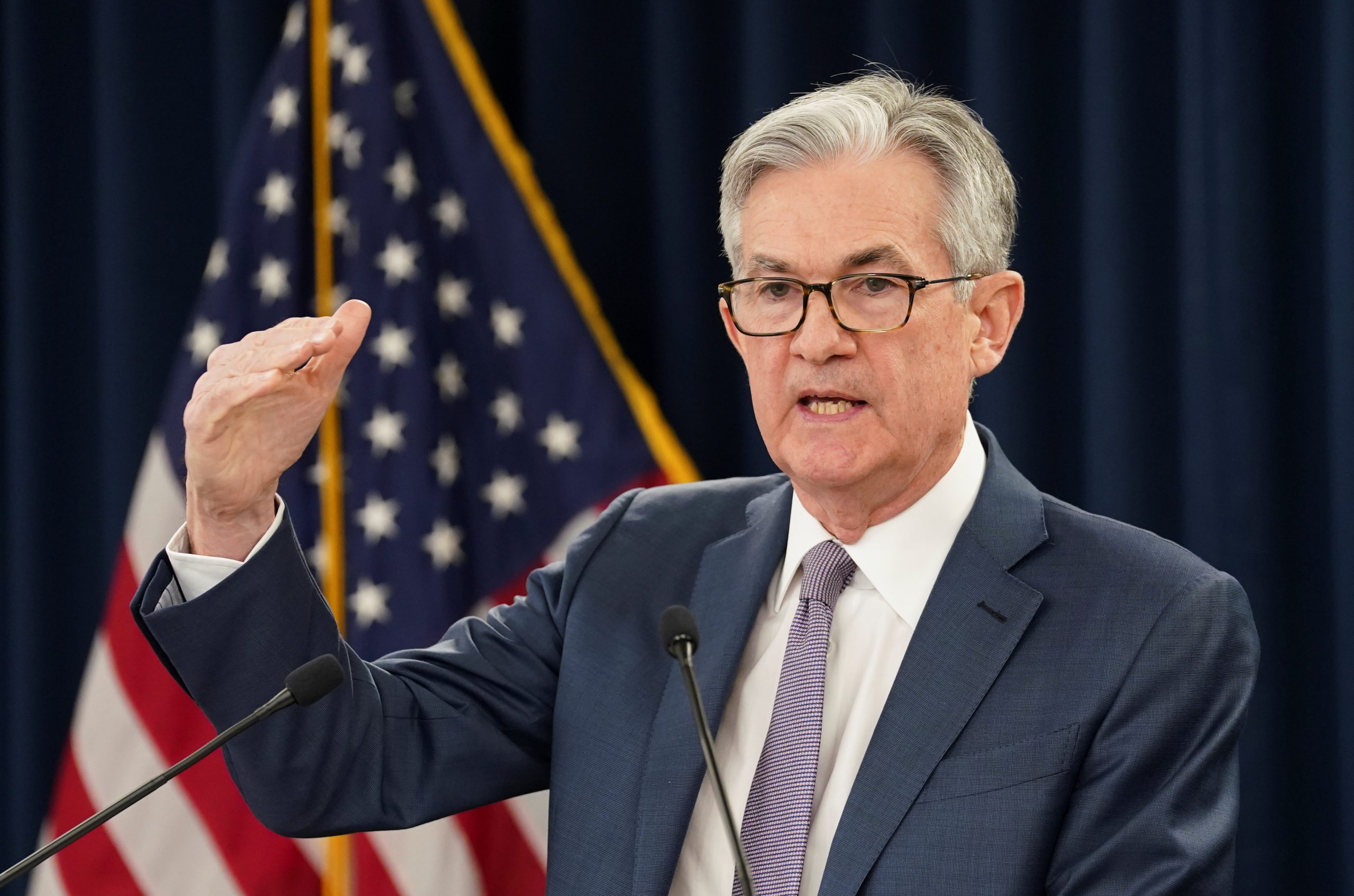The Federal Reserve’s latest meeting minutes reveal that the majority of its officials remain apprehensive about persistently high inflation and are contemplating the potential necessity of additional interest rate increases.
The minutes from the July 25-26 meeting unveil a mixed viewpoint among the policymakers regarding the trajectory of inflation and its implications for monetary policy.
While acknowledging a few signs that inflation pressures might be subsiding, the minutes underscore that many officials continue to perceive high inflation as a sustained threat.
The cautious sentiment aligns with the Federal Reserve Chair Jerome Powell’s earlier remarks, where he adopted a noncommittal stance on future rate hikes during a post-meeting news conference.
Persistent inflation
In light of this persistent inflation concern, the minutes indicate that the officials are seeking more data to be confident that inflation pressures are genuinely abating and on a trajectory towards the central bank’s 2% target.
As of now, despite efforts to curb inflation, it remains elevated beyond the desired threshold.
The Federal Reserve’s decision during the meeting to raise its benchmark rate for the 11th time in 17 months reflects its ongoing commitment to combating inflation.
However, the release accompanying the meeting did not provide explicit guidance on the timing or potential occurrence of future rate increases.
Further hikes
Market analysts and economists have been debating the likelihood of further rate hikes following the July increase.
While the consensus among most investors and experts suggests that the July hike could be the final one, Goldman Sachs economists recently projected that the Federal Reserve might begin a phase of rate cuts by the middle of the following year.
The release of the meeting minutes coincides with signs that the economy is undergoing a “soft landing,” where economic growth slows sufficiently to mitigate inflation while avoiding a deep recession.
The Federal Reserve’s extensive series of interest rate hikes, the most significant in over four decades, has aimed to strike this balance.



 Shows3 days ago
Shows3 days ago


 News4 days ago
News4 days ago


 News3 days ago
News3 days ago


 News3 days ago
News3 days ago


 News4 days ago
News4 days ago


 Leaders3 days ago
Leaders3 days ago


 Shows5 days ago
Shows5 days ago


 News5 days ago
News5 days ago





